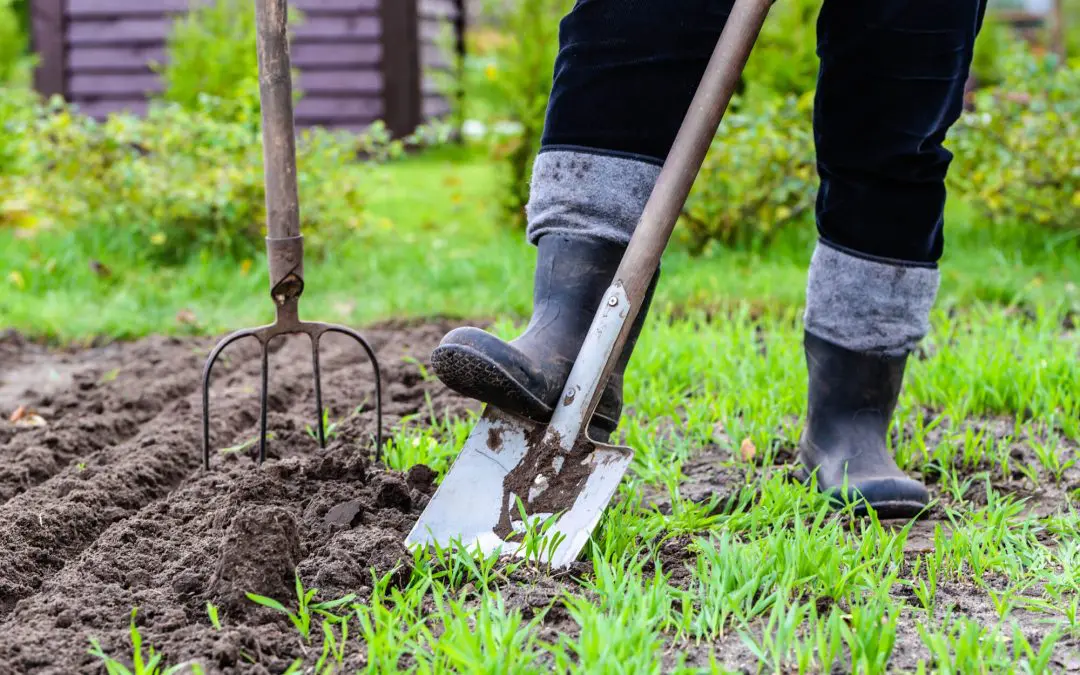When summer hits full stride, your garden can start to feel the pressure. Intense sun, dry spells, and soaring temperatures can take a toll on even the toughest plants. But with the right care and a few smart adjustments, you can keep your yard looking healthy and vibrant all season long. These summer garden tips are simple, practical, and will help your garden survive summer.
Water Early and Deep to Help Your Garden Survive Summer
Timing your watering makes a huge difference during the hotter months. Early morning is the best time to water your garden. It gives the plants time to soak up moisture before the sun starts drying things out. Watering in the evening can lead to damp conditions overnight, which can invite mold, mildew, and pests.
Instead of giving your plants a quick sprinkle every day, water deeply two or three times a week. This encourages roots to grow deeper into the soil, making them more drought-tolerant. Shallow watering only wets the surface, and that dries out fast under the summer sun.
Mulch is Your Best Friend
A solid layer of mulch helps keep soil temperatures down and retains moisture much longer than bare dirt. Organic mulches like pine straw, bark, or shredded leaves work great. You don’t need to pile it on too thick—two to three inches is plenty. Just be sure to keep it a couple of inches away from the base of your plants to avoid rot.
Mulch also cuts down on weeds, which love to take advantage of the extra sun and space during summer. Keeping weeds in check means your plants won’t have to fight for water and nutrients.
Shade Matters
Not all plants love direct sun all day long, especially during the hottest part of the day. If your garden gets a full blast of afternoon sun, consider giving some of your more delicate plants a little relief. You can use shade cloths, garden umbrellas, or even plant taller varieties nearby to offer some natural protection.
Another option is to relocate container plants to a shadier spot during peak heat. It’s a small move that can make a big difference in plant health.
Don’t Forget the Soil
Good soil holds moisture better and provides nutrients that help plants stand up to stress. If your soil is sandy or full of clay, consider working in some compost or organic matter before summer begins.
Healthy soil supports healthy root systems, which is the key to a thriving garden during dry spells. And it doesn’t take much—just a seasonal refresh with compost or a balanced organic fertilizer can go a long way.
Watch for Pests and Disease
Summer heat can bring out bugs in full force. Aphids, spider mites, and caterpillars love to feed when plants are stressed. Take a few minutes each week to inspect leaves (especially the undersides) and stems for signs of pests. If you spot trouble, act early with a natural solution like neem oil or insecticidal soap.
The same goes for fungal diseases. Hot, humid conditions can lead to powdery mildew or leaf spots, especially on vegetables and ornamentals. Prune any affected areas, avoid overhead watering, and keep air flowing between plants by giving them enough space.
FAQs on How to Help Your Garden Survive Summer
How often should I water my garden in the summer?
Aim for two to three deep waterings each week, preferably in the early morning. Shallow watering every day doesn’t help plants develop strong roots.
What’s the best mulch to use in the heat?
Organic mulches like shredded bark, pine straw, or compost are excellent for keeping soil cool and moist.
Do I need to fertilize in the summer?
If your plants look healthy and are growing well, you might not need to. But if growth stalls or leaves pale, a light dose of organic fertilizer can give them a boost.
Should I prune in summer?
Light pruning is fine to remove dead or damaged branches and encourage airflow. Avoid heavy pruning in extreme heat, as it can stress the plant.
Realistic Home Inspection Services provides inspection services in the greater Milwaukee area. Contact us to request an appointment.

